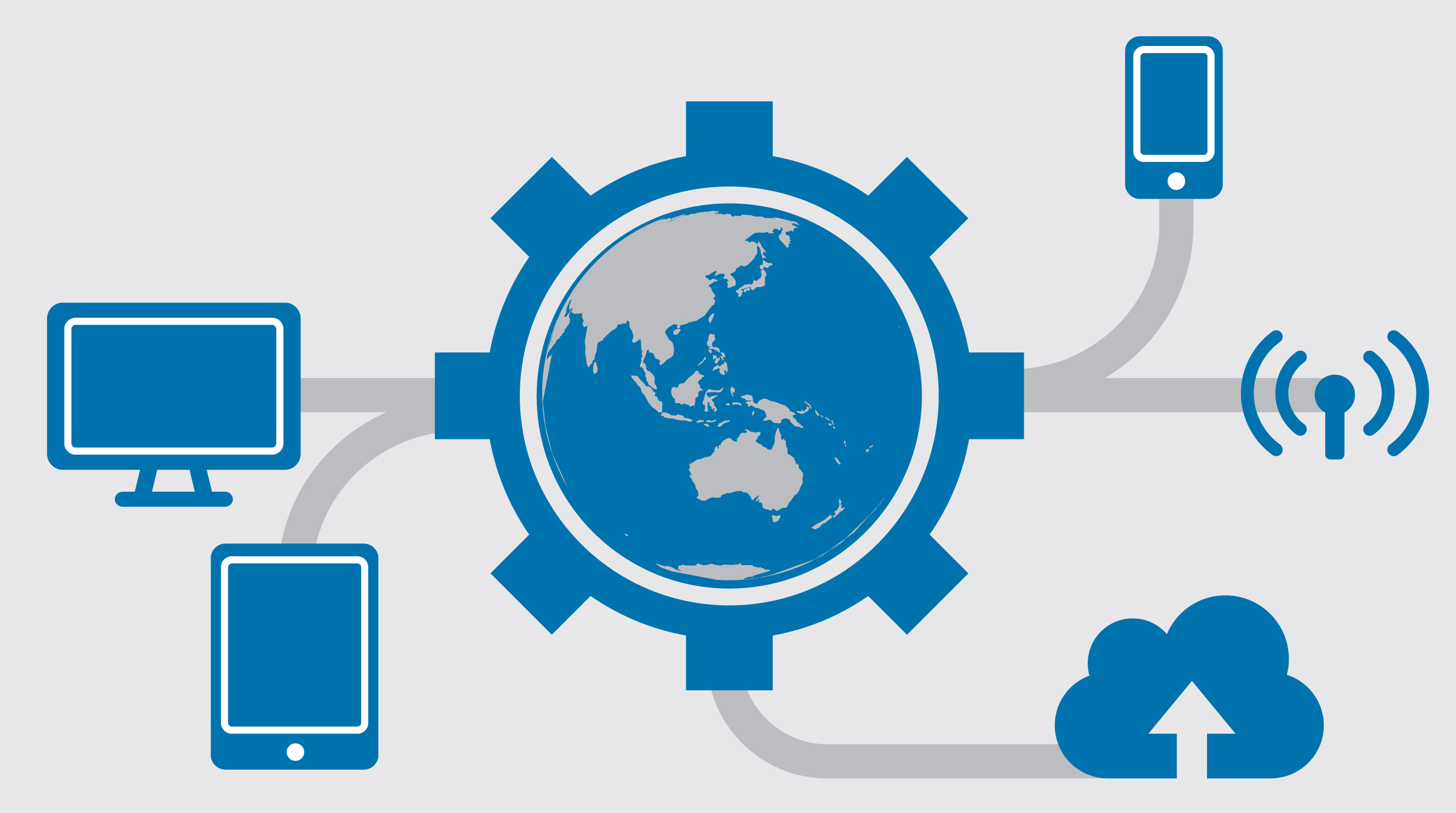The main message of “World Development Report 2016” is that digital development strategies need to be much broader than ICT strategies. “Connectivity for all” remains an important goal and a tremendous challenge. But to bring the largest benefits, countries also need to create the right environment for technology. When analog complements to digital investments are absent, the development impact will often be disappointing. But when countries build strong analog foundations, they will reap ample digital dividends—in faster growth, more jobs, and better services.
Main messages:
Digital technologies can be transformational by promoting inclusion, efficiency, and innovation
More households in developing countries own a mobile phone than have access to electricity or clean water; among those in the bottom fifth of the economic scale, nearly 70 percent own a mobile phone. The number of internet users has more than tripled in a decade—to an estimated 3.2 billion at the end of 2015. This has brought immediate private benefits: easier communication, more information sources, and new forms of leisure.
Has it also generated large digital dividends in the form of faster growth, more jobs, and better services?
They do so mostly by significantly reducing the costs of economic and social transactions: the costs of searching for and acquiring information, bargaining and making decisions, and monitoring and enforcing transactions. These technologies yield real benefits:
They expand the information base, lower the information cost, and create information goods.
Development impacts have fallen short
The aggregate impacts of digital technologies have so far been smaller than expected. Moreover, firms are more connected than ever before, but global productivity growth has slowed.
The digital divide is still large. Nearly 60 percent of the world’s people are still offline and can’t fully participate in the digital economy.
Some of the benefits of digital technologies are offset by emerging risks. Public sector investments in these technologies, in the absence of accountable institutions, amplify the voice of elites, resulting in greater control. New jobs are being created, but the automation of mid-level jobs has contributed to a hollowing out of the labour market. And because the economics of the internet favor natural monopolies, the absence of a competitive business environment is resulting in more concentrated markets, benefiting incumbent firms. Not surprisingly, the better educated, the well connected, and the more capable have received most of the benefits—and the gains from the digital revolution have not been widely shared.
The digital divide is still wide both in access and in capability
Six billion people do not have high-speed broadband internet, almost four billion do not have any internet access, and nearly two billion do not have a mobile phone. Digital divides persist across income, age, geography, and gender.
In Africa, the richest 60% are almost three times more likely to have internet access than the bottom 40 percent, and the young and urban have more than twice the access of older and rural citizens.
In the European Union, three times more citizens use online services in the richest countries than in the poorest, with a similar gap between the rich and the poor within each country.
What works in overcoming the failures? Competitive telecom markets, public-private partnerships, and effective sector regulation. Reforms must start at the point the internet enters a country (the first mile) and continue when it passes through the country (the middle mile) to reach the end user (the last mile) and must also include broader policy issues such as managing spectrum and taxation of ICT products (the “invisible mile”).
The largest barriers are not in technology: The digital revolution brings benefits— but also risks
A significant gap remains between technology and institutions, and where public sector accountability is low, digital technologies often help control rather than empower citizens
Nexus between technology and regulation implies that governments need to ensure a business climate in which all firms can easily connect and compete.
Education, social protections, and labour markets need to adapt to a world of work that demands different skills and much more flexibility.
The digital revolution needs a strong analog foundation
Countries need to strengthen important analog complements: regulations that allow firms to connect and compete; skills that technology augments rather than replaces; and institutions that are capable and accountable. Policy priorities change as countries advance through the digital transformation
- For countries with low internet access where the digital economy is still emerging, the task is to create the conditions for greater adoption and use. Reforms include removing such fundamental barriers as a lack of basic ICT and supporting infrastructure, excessive regulation of product markets, and high tariffs for digital goods—more than 25 percent in some countries. Education systems need to focus on basic literacy and numeracy skills, connect teachers to content, and promote adult literacy. And small steps to promote institutional change in the public sector include providing simple information services using mobile phones, strengthening monitoring, and leveraging non-state provision.
- For countries transitioning to a digital economy with fairly high technology use, the task is to ensure that opportunities are open to all. For effective competition, countries should develop regulations that open protected sectors and strengthen enforcement. The skills agenda needs to focus on teaching advanced cognitive and socioemotional skills—preparing for careers rather than specific jobs—since fewer than half of today’s schoolchildren can expect to work in an occupation that exists today. And governments can introduce or strengthen such e-government tools as digital IDs, financial management systems, and e-services for citizens and businesses while also changing provider incentives and increasing transparency.
- For countries already transforming into a digital economy, the main task is to address the difficult problems that the internet causes. In the business sector, this involves tasks such as ensuring that digital platforms do not abuse their dominant position and promoting fair competition between the online and offline services. Education and training systems should put more emphasis on advanced ICT skills and—especially in rapidly aging societies— offer more opportunities for lifelong learning. And where basic e-government functions are already effective, digital tools can facilitate closer collabouration between all parts of government, enable full integration of public and private services, and bring greater involvement of citizens in truly participatory policy making.















